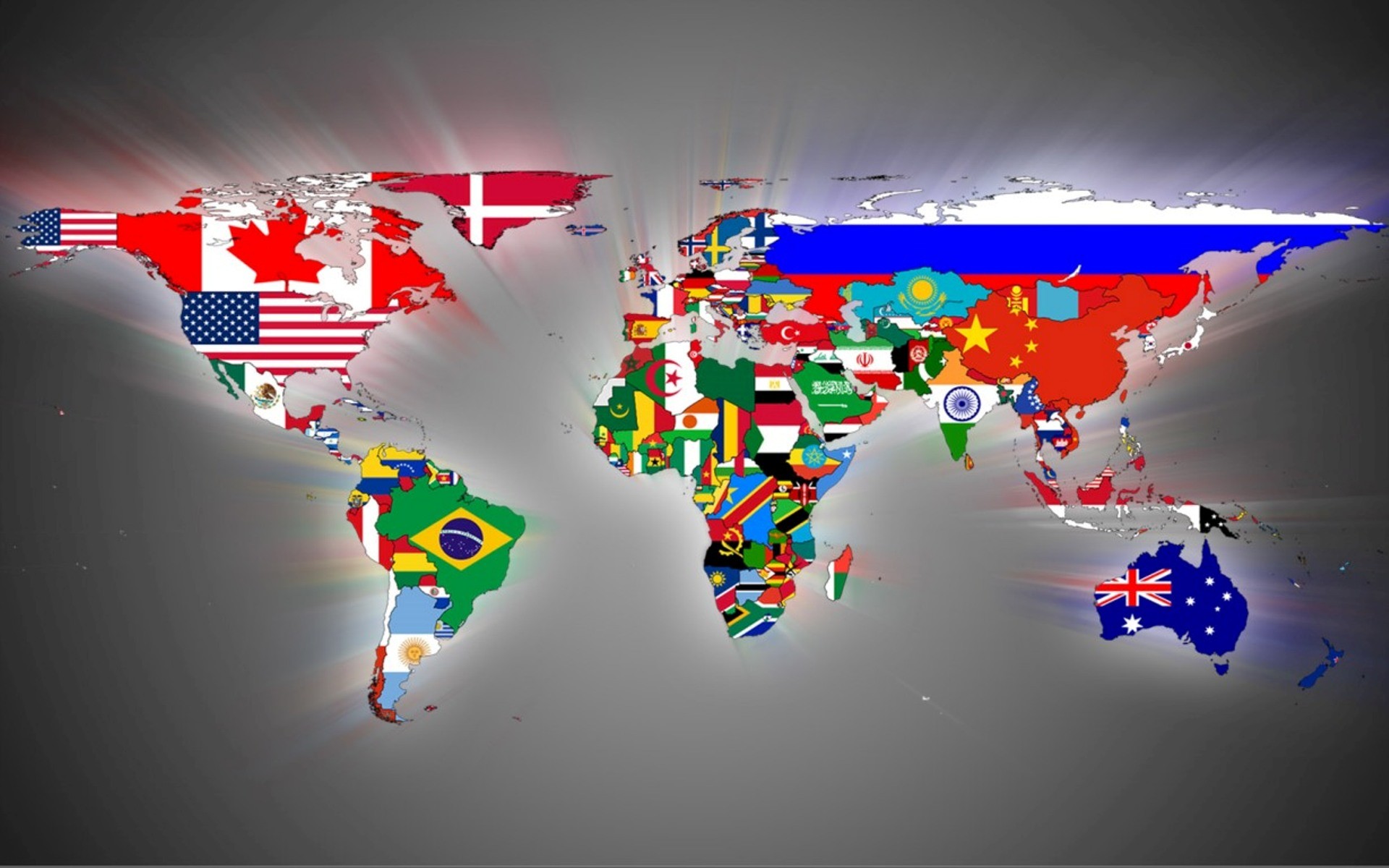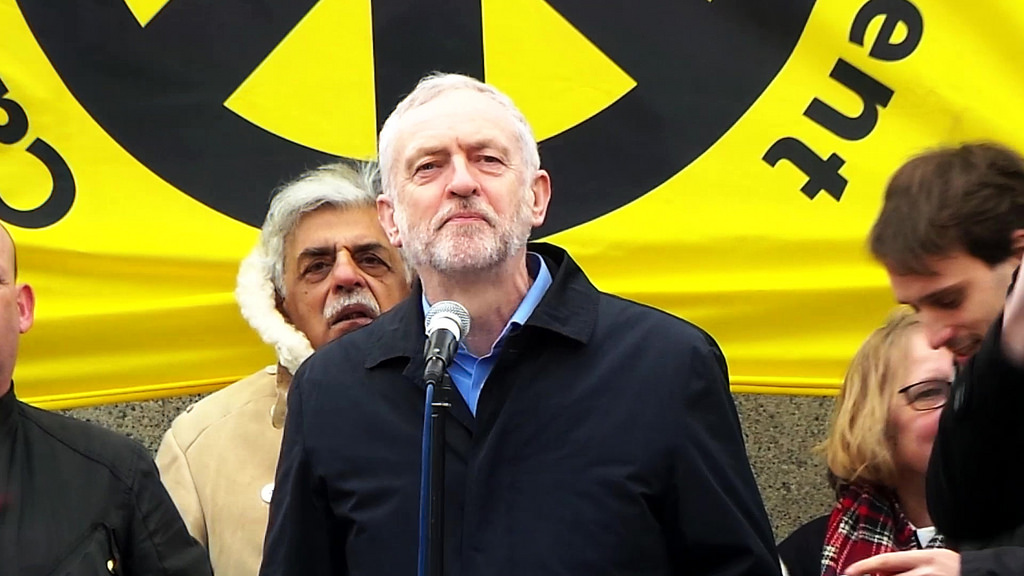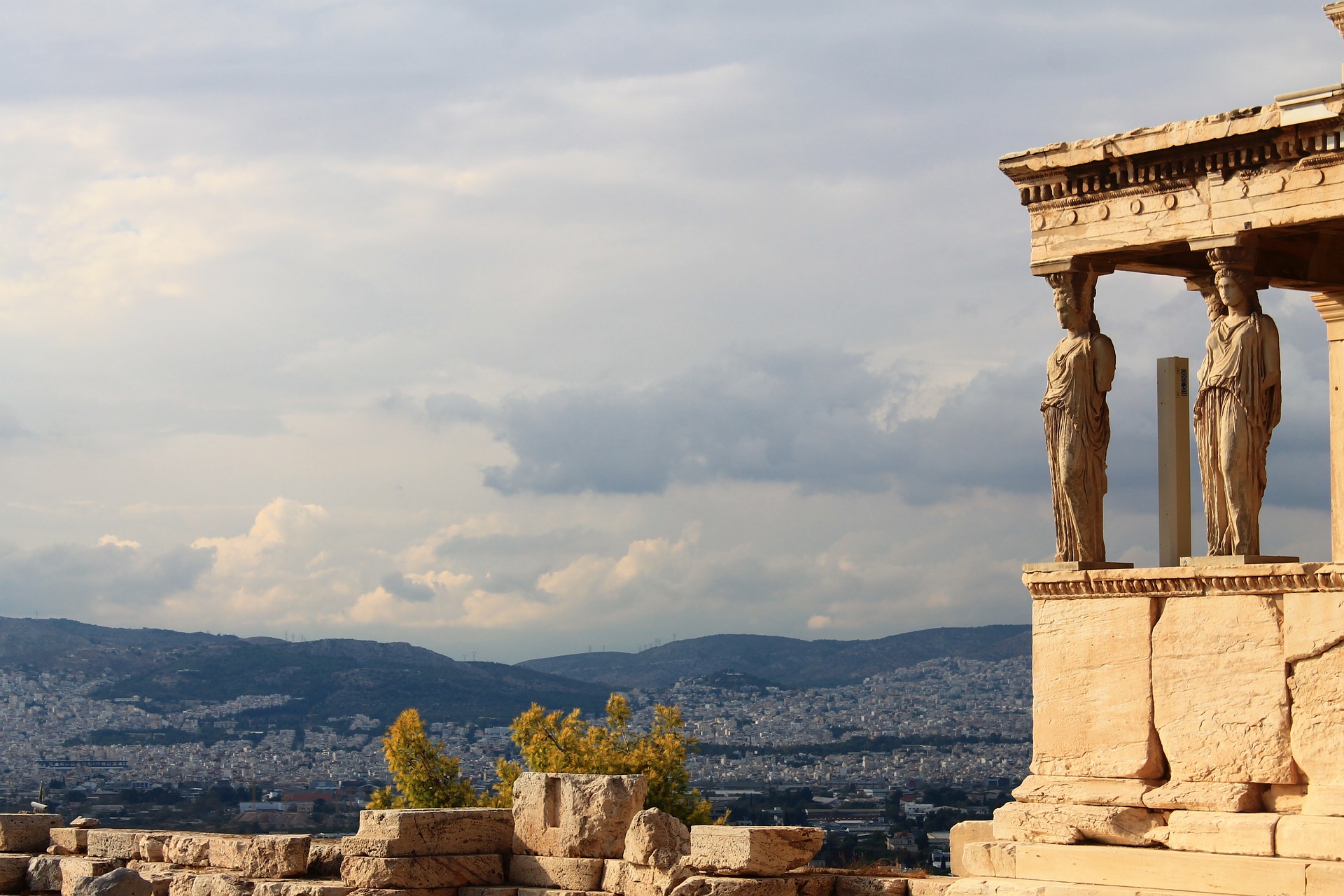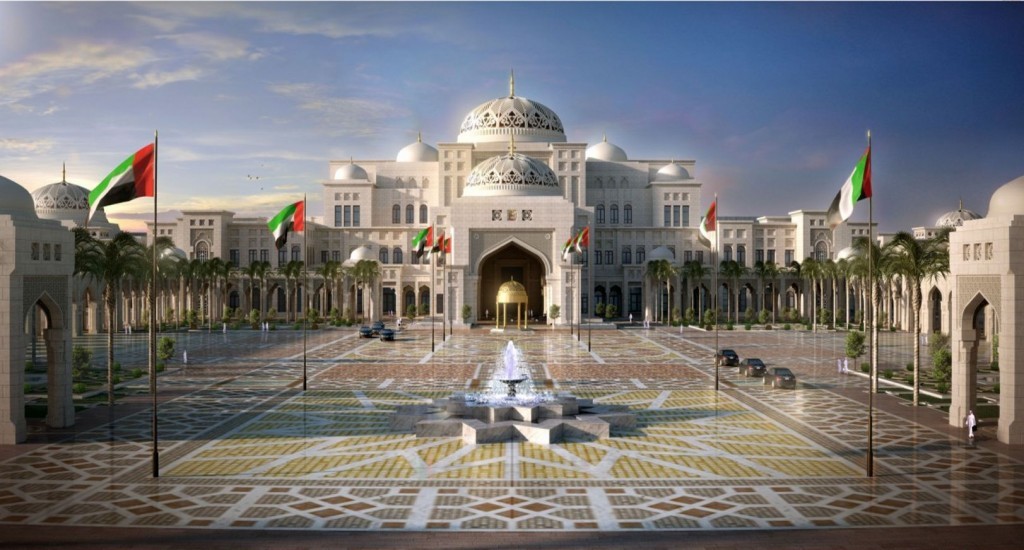Current world politics leads to open-ended and ongoing processes of change. But contradictions remain the main obstacle to the advancement of world politics. This article illustrates contradiction within world politics, aiming to bring clarity to what has been going on in the world, particularly in the conception of political interests of nations and political ideology. As well as, geopolitical interests and humanitarian concerns.
The golden rule: “What you wish upon others, you wish upon yourself” has been explained from the perspectives of psychology, philosophy, sociology and human evolution, but here I will explain it from the perspective of politics.
This article argues that geopolitical goals and national interest contradicts the object of some nations’ claim of human rights, self-determination, and humanitarian intervention.
One recent example is Turkish foreign policy in the Middle East and Asia. This example became clear when, on the 30th of April of this year, Turkish President Recep Tayyip Erdogan, who is currently visiting India, was asked by a journalist in a press conference why he is supporting the independence of Kashmir. He wants to solve the Kashmir issue by allowing independence but at the same time, he is standing against the Kurds in their battle for self-determination, not only in Turkey but also in the other parts of Kurdistan in Iraq and Syria. He also ceased the peace process in Turkey with PKK.
On Tuesday, April 25, 2017, Turkish warplanes carried out airstrikes in Syria and Iraq, mainly in areas under the control of U.S.-backed Kurds in Iraq and Syria, and consequently at least 70 people were killed. As a result, the US and Russia condemned the strikes and the US has sent a number of troops to the border between Syria and Turkey to prevent further clashes and make the Syrian Democratic Forces (SDF) and YPG focus on the liberation of the remaining areas under the control of ISIS. In previous years, Turkey is used to condemning Israel for their attacks on Palestine but when in response Israeli Prime Minister Benjamin Netanyahu criticized Turkey’s treatment of Kurds in Turkey, Erdogan went quiet. Turkey has also continued its criticism of China’s crackdown on ethnic Uyghurs in in the northwest of China.
But these apparent contradictions are not only a phenomenon found in Turkey, but also Iran, the US and Russia and others have contradictions when it comes to their policies. Sometimes their ideological policies are different from their political interests.
The world and America believed that President Trump was less engaged in changing world politics and that he would be more protectionist. However, in less than 100 days in office, he has decided to launch air strikes against a Syrian airbase on 6 Apr 2017 and on 13 Apr 2017 using the “mother of all bombs” in Afghanistan, which was the most powerful non-nuclear bomb every used in conflict and he decide to send more troops to Afghanistan. Concerning Syria, Trump has shown American humanitarian sympathy to the Syrian people although he is making an influence politically. Nonetheless, the question remains of why he didn’t order an attack on the Syrian President as the international community agrees that he has been the decision maker for the use of chemical weapons.
These contradictions put lives at risk and lead to mistrust of international institutions as they have failed to replace current world politics for a better one. On the other hand, the contradiction is growing and causes more problems and bigger mistrust and miscalculations when it comes to the prevention of conflict as the one in Syria.
The Syrian case is enough to prove the contradiction of world politics as there are those working for geopolitical goals with claims of humanitarian concerns.
The realists argue that fear and suspicion cause contradiction in an anarchic world. Power is also important as the realists claim it to be the core of world politics. Therefore, International and regional actors are afraid of the role that everyone plays. As a result, so far the balance of power is matching the paradigm of world politics. International, regional powers as US and Russia, Turkey, Iran and others are trying to pursue a policy of balance of power in Syria in the names of humanitarian concern, supporting the civilian, preventing conflicts, protection of state sovereignty. However, the genuineness is increasing their own power, as they want to engage in the arms race or in the competitive acquisition of territory. Furthermore, all the sides are adding to their own power through the elimination of other groups and nations.
For an actor like Turkey’s contradiction, we can add jealousy as a complex emotion that Turks have when it comes to the role of Kurds in the region. President Erdogan claims that they have started air strikes on Kurds in Syria to make them scared of Turks as the Turks feel sad due to the role that the democratic Syrian forces and YPG play in the fight against ISIS in addition to the role they play in the changes in the region as a non-state actor. Besides, the success of Kurdish forces has weakened the role of Turkey in the changes of the region.
Moreover, we cannot be blinded by competition among regional powers as Turkey and international powers such as the US. This article is not about Turkey so I will not elaborate on Turkey’s politics. Rather we want to explore some implications of contradictions in the contemporary world politics.
On one hand, we see the world is more globalized and connected, but on the other hand, we see more conflicts because of contradictions, which cause mistrust and miscalculations in the world of politics. Essentially, the contradiction rooted in a combination of geopolitical goals with humanitarian concerns.
The question that arises here is simple: what is required to prevent contradictions in world politics to make a better world for everyone?
The answer has made bloggers like me look for mechanisms such as building certain institutions to make more general changes in the future of world politics. Institutionalizing world politics also could prevent contradictions between geopolitics and humanitarian concerns.








